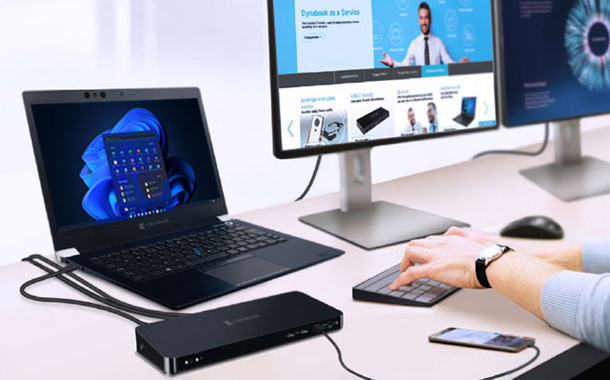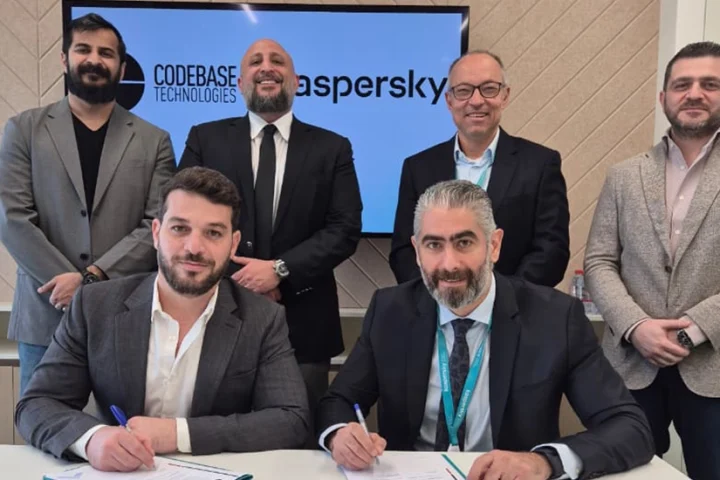In today’s hybrid work environment, where workers often perform their tasks remotely without on-site technical support and transport their laptop between different work environments, quality and reliability are more critical factors than ever to business efficiency. To this end, Dynabook, a Japanese manufacturer with more than three decades of experience, has developed a series of rigorous tests and services to further support the digital transformation process within corporate and education sectors.
For Dynabook laptops to achieve an average monthly hardware failure rate of just 0.13% (average monthly rate between January and November 2022, based on products under warranty in EMEA), engineers apply the latest technology to develop new solutions, by creating and applying standard tests and services that optimize product quality, such as:
MIL-STD 810 G/H military testing
The Portégé and Tecra ranges are tested according to US military standards. The MIL-STD 810 test methodology defines several environmental tests that indicate whether a particular piece of equipment performs well in the field or is otherwise unsuitable.
Each test is associated with a source of environmental stress and 4 different tests are performed: 3-axis vibration for over an hour; drop test where they are dropped 26 times on each face, edge and corner; exposed to sand and dust blasts for 6 hours; and subjected to extreme temperatures from 60°C to -20°C, over 3 cycles of 2 hours duration.
Standard HALT tests
In addition, the Portégé and Tecra ranges undergo an intensive Highly Accelerated Life Test (HALT). Through typical Japanese precision and ingenuity, Dynabook’s engineers have achieved excellence by limiting the number of failure points.
The HALT test comprises testing the complete range of Dynabook notebooks with its own methodology, which simulates three years of use. Once the tests are completed, only those that pass these demanding tests are released into the market.
Magnesium chassis
Some Dynabook laptops have a magnesium alloy chassis that provides unique protection for all equipment components. Magnesium is relatively lightweight – at some 40% lower than plastic or aluminium – and also exceptionally robust, which allows users to carry the equipment anywhere without any problems.
Magnesium is also dimensionally stable, welds easily, has excellent shock absorption and is highly resistant to impact, dents and corrosion. All of this ensures that users may feel confident, should the laptop suffer a fall or any other type of blow, that it’s protected from significant damage. In addition, magnesium is a metal that allows for rapid heat dissipation, cooling the internal elements of the notebook while keeping the external casing cool, allowing for comfortable handling.
Liquid proof
Some of Dynabook’s laptops have spill-resistant keyboards which offer users a safeguard against potential system damage caused by accidental spills. So, if a liquid is spilled on the keyboard, users have sufficient time to take the necessary steps to save data and shut down their laptops. It also protects the system by increasing the time it takes for the spilled liquid to reach the laptop’s main circuit board. Prior to this innovation, any spill would likely result in damage to the main circuit and all connected elements, resulting in system failure.
The spill-resistant keyboard combines several mechanisms that ensure system protection, such as double-sided insulation. This means that the different layers of insulation extend beyond the surface of the main circuit providing additional protection, and there is also a layer of curved insulation underneath the keyboard support to cover areas that would be exposed if the insulation were flat. Double-sided insulation sandwiched between the layers of insulation reinforces protection against spills.


















